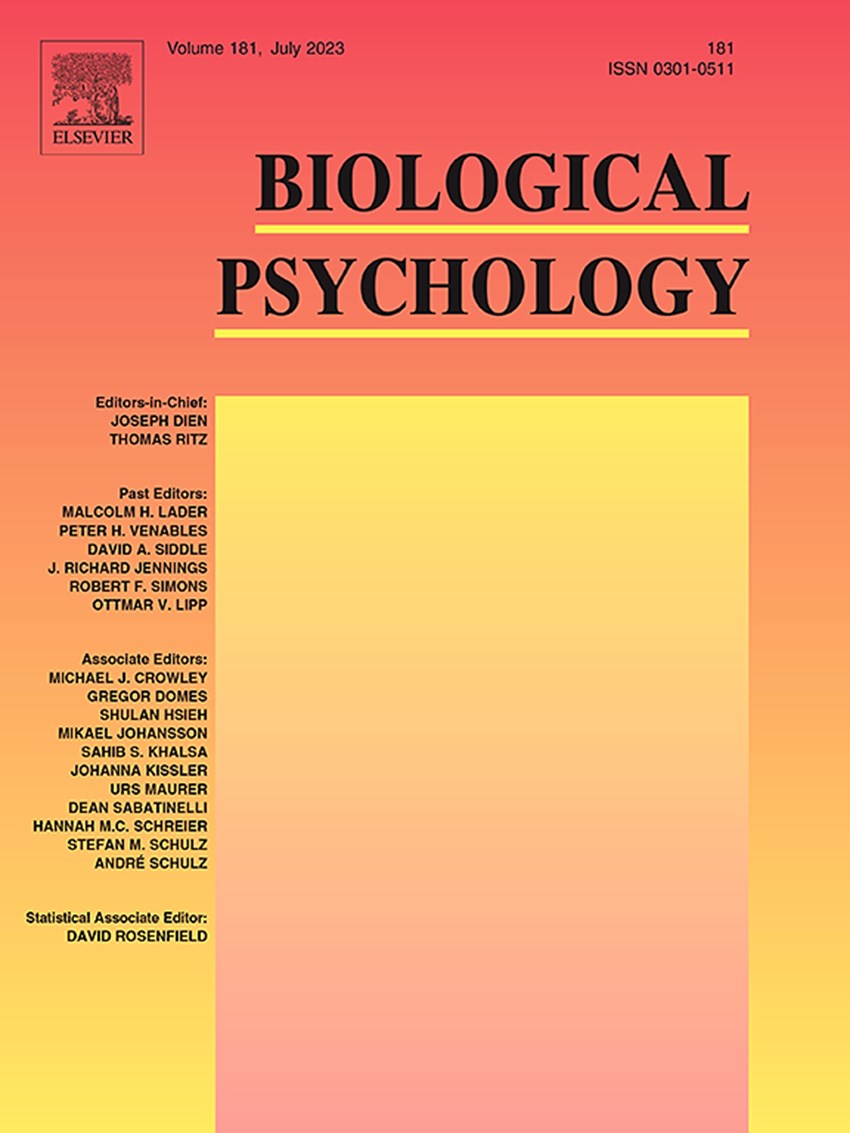Brenda O'Connell, principal investigator of the research project 287/18 - More Thankful, Less Stressed? Gratitude and Physiological reactions to Stress, supported by the BIAL Foundation, assessed, by using a longitudinal study, the relationship between trait gratitude and acute myocardial infarction in a sample of 912 participants from 35 to 86 years old with 32.9% reporting a hypertension diagnosis and 9.6% reporting a diabetes diagnosis. Higher trait gratitude was associated with lower likelihood of suffering acute myocardial infarction 6.7 years later, through changes in heart rate reactivity, even when controlling for age, sex, body mass index (BMI), education, high blood pressure and diabetes. This suggests that gratitude may buffer the negative physiological consequences of stress and overall improving cardiovascular outcomes. To know more about this study read the paper Heart rate reactivity mediates the relationship between trait gratitude and acute myocardial infarction published in the journal Biological Psychology.
ABSTRACT
Objective
This study examines the relationship between trait gratitude and acute myocardial infarction. A burgeoning body of literature suggests that gratitude can play a role in regulating individual’s cardiovascular responses to stress which in turn, may reduce the incidence of cardiovascular disease such as acute myocardial infarction. However, to date no research has examined these effects.
Method
This study used the Mid-Life in the United States dataset (MIDUS; N = 1031) to assess these relationships. Participants completed a standardised cardiovascular stress-testing laboratory protocol and were assessed at a second time-point; on average 6.7 years later.
Results
Results from logistic parallel mediation models suggest that trait gratitude was found to be significantly associated with reduced risk of acute myocardial infarction through the mechanism of increased heart rate reactivity, β = −0.098, 95%CI [− 0.331, − 0.010]. However, neither systolic nor diastolic blood pressure reactivity mediated this relationship.
Conclusions
These findings suggest that gratitude may be associated with certain aspects of physical health. Specifically, our study reveals a potential link between gratitude and cardiovascular reactivity, which could be a mechanism through which trait gratitude contributes to reductions in the risk of myocardial infarction. As such, this study highlights the potential utility of positive psychological factors, such as gratitude, in promoting cardiovascular health.





































































